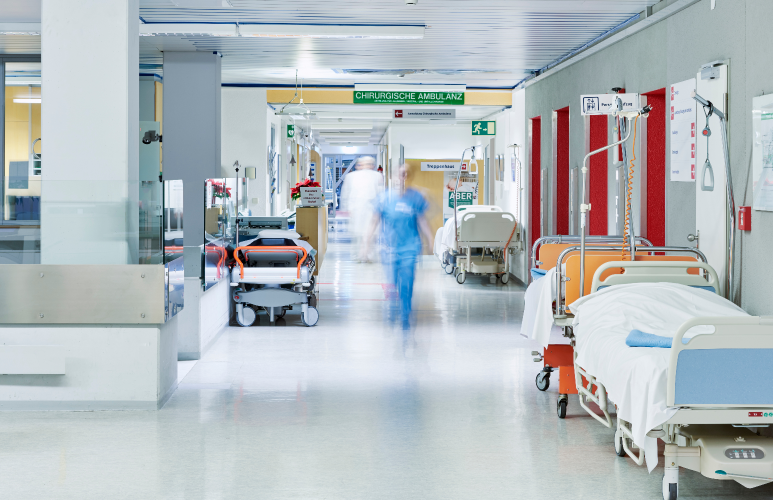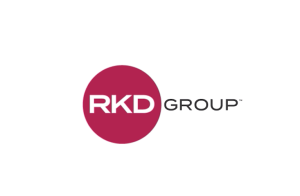Jumping out of a plane to raise money for a hospital might not be your idea of a good time. It might even land you in the hospital or worse.
Leaders of Medway Hospital Charity in Gillingham, England, where such an event held is one of several adventure challenges they have planned for this spring and summer to support expansions and upgrades at the 588-bed hospital.
Participants in the skydive event set for June 29 are being asked to pledge the equivalent of $550 toward this year’s fund drive.
Other planned fundraisers include an inflatable 5K obstacle course challenge and run (requiring a $25 entry fee and $125 pledge commitment) and dragon boat races ($520 per-person entry fee and $310 team pledge commitment), both taking place in May. A half-marathon ($25 entry fee and $375 pledge commitment) has been set for August.
As the fundraising arm of Medway Maritime Hospital in Kent County, England, the charity founded in 1995 supports projects across all wards and departments of the public hospital that fall outside the UK’s National Health Service budget. During the past five years, the charity has raised the equivalent of $2.4 million and reinvested almost all of it back in the hospital, which serves approximately 400,000 patients annually, according to published reports.
The charity took in $220,000 and spent approximately $260,000 on facility improvements during the 2022-23 fiscal year, according to documents filed with the Charity Commission of England and Wales. These included LED ceiling tiles for the children’s emergency department to serve as a distraction and provide anxiety and stress relief for young patients as well as patient privacy screens and waiting room improvements.
Previous charity fundraising projects have supported refurbishment of the hospital’s cancer unit and orthopedic and breast cancer treatment upgrades. The charity has also funded other medical equipment and staff training as well as extras that make a difference to patients and their families, including recliner chairs for visitors and hands-free drinking bottles for patients in the intensive care unit (ICU).












